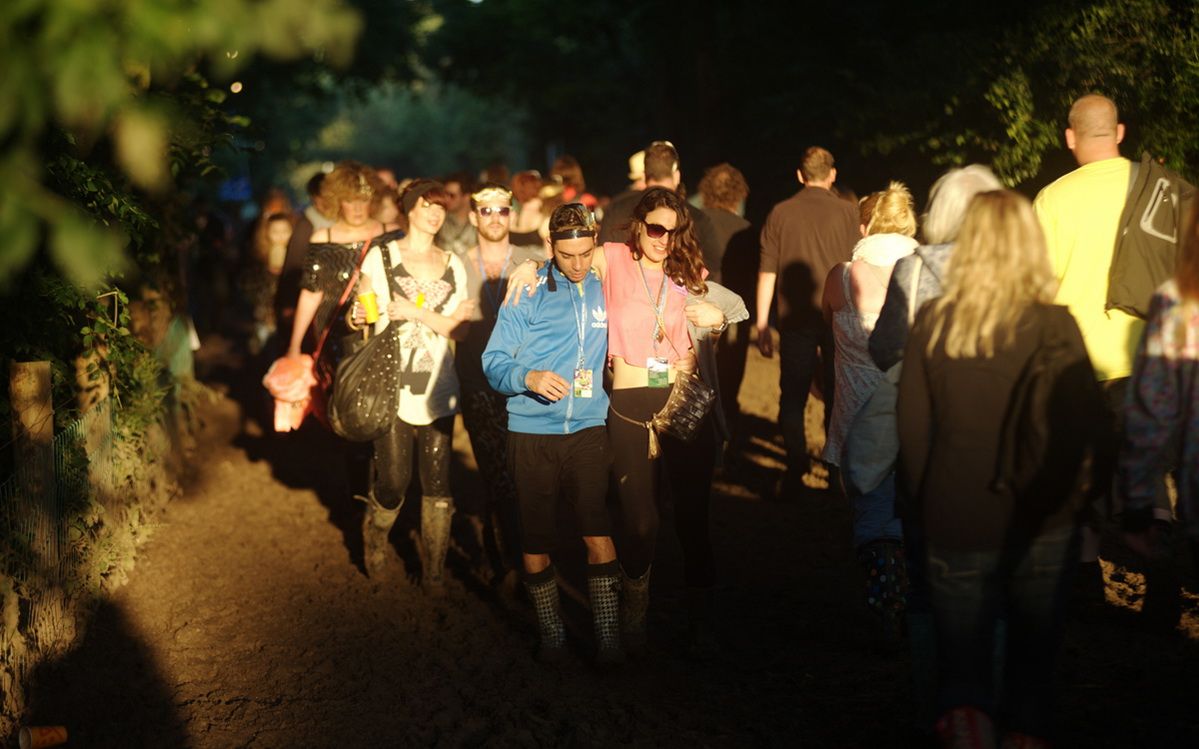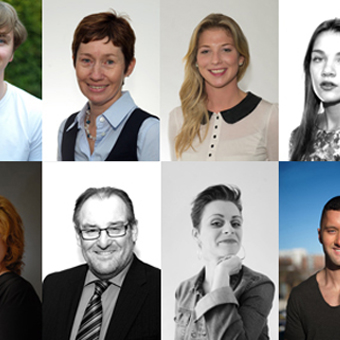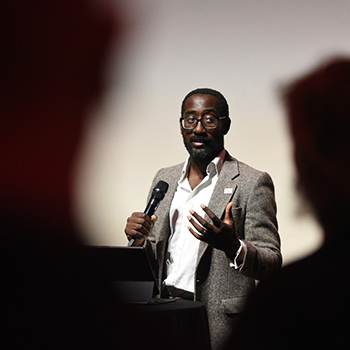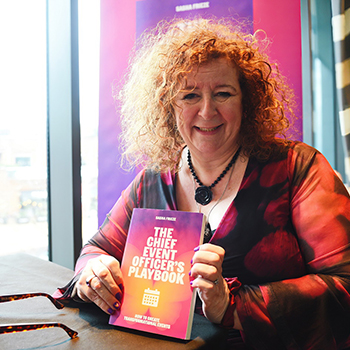Workflow for business photography and commercial photographers

Published on Thu Jun 18, 2015 by David J Colbran
Having an efficient digital workflow is something that most professional photographers aspire to. Why? Well at the end of the day, getting images processed and delivered quickly to clients is a key element in my business plan and over the years has retained some important clients. And from my point of view, it means less time in front of the computer and more time being creative, out and about, planning the next shoot.
I aim for a consistent approach in dealing with business photography and what happens to the files after a photoshoot.
Shooting in RAW
The RAW file is often described as a "digital negative" and is the ultimate way to shoot business photography. It gives maximum flexibility to make adjustments to the colour temperature and exposure of an image - ensuring clients get the perfect image.
Copying the images on to the computer
Yep - fairly obvious - but ensuring I have a speedy connection and up to date software makes this easy. The cards go in to the reader and the files appear in my photo management software. Boom!
Convert to JPG
Most clients however can't use RAW files and the next stage is conversion to JPGs. I use a specialist piece of software to batch convert images from each job. Super easy and quick!
Naming conventions
Again, not rocket science, but for me having a consistent file naming convention, helps me locate files quickly and hopefully is useful for the client as well. I usually use the client's business name, then a date and finally a numeric to identify individual files from a particular shoot.
Adding information to the meta-data
The meta-what? Well quite simply you can add text information to each and every image file. The basics are usually my copyright notice and keyword search information and are automated. Beyond this depends on the client but I usually add to the description field a standard 'what, when and where'. Using the ITPC standard this enables other image professionals to quickly identify what an image is - in addition I'll include contact details for more information. So for example if a picture editor wants to feature a particular photo, they can quickly contact the PR for more background and details about the story.
Final tweaks in Photoshop
Any final image processing is done in Photoshop. Its probably my favourite piece of software and something I've been using for over ten years. And I guess the topic for another post - but you can do everything, from black and white conversions, to removing dirty marks on a wall, that might have been missed during a busy shoot.
And then back-up!
I save my images to separate places, physically and online. Again automated to happen at night, so I'm confident with a bulletproof solution, just in case of a disk failure!
Image delivery
For the last 5 years, I've used an online delivery system. Before it was all about burning CDRs and stick them in the post, only to discover that things get delayed, discs get snapped in the system and of course clients misplace the original and then got upset when I charged for replacements. I switched to using the pro version of Dropbox three years ago and haven't looked back since. Basically it works like a central library of images for clients - each has their own folder and within this is a series of sub-folders for particular jobs. They can access and download files whenever they want. And a neat feature is the ability to add other people to the share themselves. So a convenient way for a PR officer to get images quickly to a designer for instance.
I supply images usually at two sizes - full resolution for traditional media, like magazines and books, and then smaller, at a web resolution. Again, from feedback I've had, this is useful, as it avoids time wasted re-sizing images.
So there we have it - my business photography workflow. Fairly well established and pretty efficient and hopefully makes working with me, as a client, totally stress free!
Tags: phototographers, workflowAuthor: David J Colbran
- < Previous news post
- Look11 Photography Festival Next news post >
- ACC Liverpool Conference Photographer
The best clothes to wear for portrait headshots
Tips on what you should wear for a head and shoulders photo session for business people, professional actors, actresses, musicians, singers, writers and presenters. Practical and sensible advice.
Liverpool Photographers End of Year 2025 Review Images
Looking back over the year highlighting photography industry trends and my thoughts on business as a photographer in 2025.
Conference photography at The Hilton Hotel, Liverpool for the Association of Association Executives
Recent commission here in Liverpool with some experts in event organisation - needless to say the conference was super interesting and provided some great insights.
Simon Green, Freelance Tour Manager.




